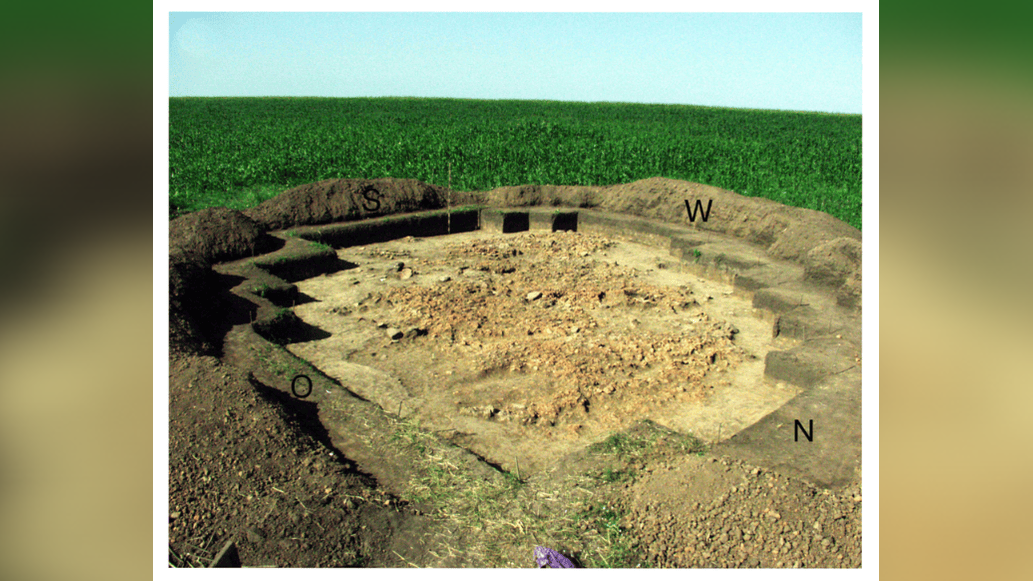Environments, Vol. 11, Pages 273: Possible Impacts of Elevated CO2 and Temperature on Growth and Development of Grain Legumes
Environments doi: 10.3390/environments11120273
Authors: Rajanna G. Adireddy Saseendran S. Anapalli Krishna N. Reddy Partson Mubvumba Justin George
Carbon dioxide (CO2) is the most abundant greenhouse gas (GHG) in the atmosphere and the substrate for the photosynthetic fixation of carbohydrates in plants. Increasing GHGs from anthropogenic emissions is warming the Earth’s atmospheric system at an alarming rate and changing its climate, which can affect photosynthesis and other biochemical reactions in crop plants favorably or unfavorably, depending on plant species. For the substrate role in plant carbon reduction reactions, CO2 concentration ([CO2]) in air potentially enhances photosynthesis. However, N uptake and availability for protein synthesis can be a potential limiting factor in enhanced biomass synthesis under enriched [CO2] conditions across species. Legumes are C3 plants and symbiotic N fixers and are expected to benefit from enhanced [CO2] in the air. However, the concurrent increase in air temperatures with enhanced [CO2] demands more detailed investigations on the effects of [CO2] enhancement on grain legume growth and yield. In this article, we critically reviewed and presented the online literature on growth, phenology, photosynthetic rate, stomatal conductance, productivity, soil health, and insect behavior under elevated [CO2] and temperature conditions. The review revealed that specific leaf weight, pod weight, and nodule number and weight increased significantly under elevated [CO2] of up to 750 ppm. Under elevated [CO2], two mechanisms that were affected were the photosynthesis rate (increased) and stomatal conductivity (decreased), which helped enhance water use efficiency in the C3 legume plants to achieve higher yields. Exposure of legumes to elevated levels of [CO2] when water stressed resulted in an increase of 58% in [CO2] uptake, 73% in transpiration efficiency, and 41% in rubisco carboxylation and decreased stomatal conductance by 15–30%. The elevated [CO2] enhanced the yields of soybean by 10–101%, peanut by 28–39%, mung bean by 20–28%, chickpea by 26–31%, and pigeon pea by 31–38% over ambient [CO2]. However, seed nutritional qualities like protein, Zn, and Ca were significantly decreased. Increased soil temperatures stimulate microbial activity, spiking organic matter decomposition rates and nutrient release into the soil system. Elevated temperatures impact insect behavior through higher plant feeding rates, posing an enhanced risk of invasive pest attacks in legumes. However, further investigations on the potential interaction effects of elevated [CO2] and temperatures and extreme climate events on growth, seed yields and nutritional qualities, soil health, and insect behavior are required to develop climate-resilient management practices through the development of novel genotypes, irrigation technologies, and fertilizer management for sustainable legume production systems.

 1 week ago
15
1 week ago
15


